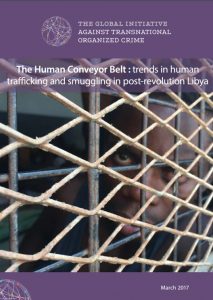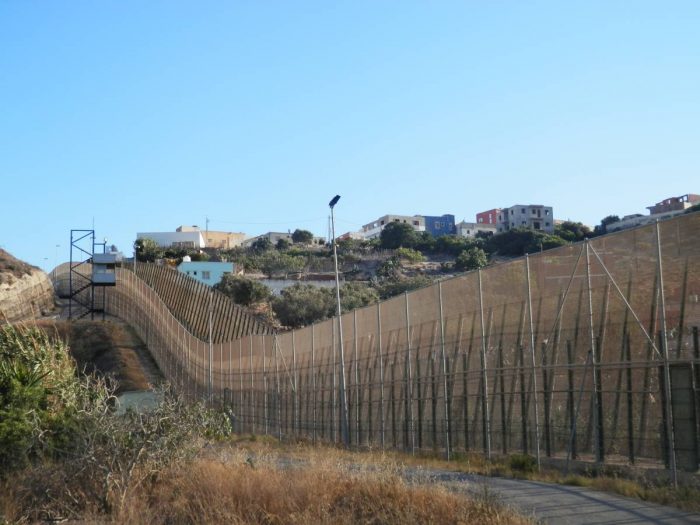derStandard | 13.04.2017
Hunderte Millionen Menschen sind durch den Klimawandel in Gefahr – wie die Staaten damit umgehen, kritisiert Sozialwissenschafter Godfrey Baldacchino
Interview ROBERT CZEPEL
STANDARD: Im Jahr 2015 ging der Fall des 39-jährigen Kiribatiers Ioane Teitiota durch die Medien. Er wollte der erste weltweit anerkannte Klimaflüchtling werden. Doch er wurde von Neuseeland abgeschoben. Wissen Sie etwas über sein Schicksal?
Baldacchino: Nein. Aber es ist sehr unwahrscheinlich, dass er jemals als Klimaflüchtling anerkannt wird. Wäre das so, würden sich die Schleusen öffnen – denn es gibt Millionen Menschen, die jetzt oder in naher Zukunft einen ähnlichen Anspruch geltend machen könnten. Welche Regierung würde das anerkennen?
STANDARD: Was ist der genaue legale Status dieser potenziellen Klimaflüchtlinge?
Baldacchino: Es gibt keinen.
STANDARD: Und das wird sich nicht ändern?
Baldacchino: Ich kann die Zukunft nicht voraussagen. Aber es ist sehr unwahrscheinlich, dass die Umwelt jemals ein entscheidender Faktor bei der Anerkennung von Flüchtlingen sein wird.



